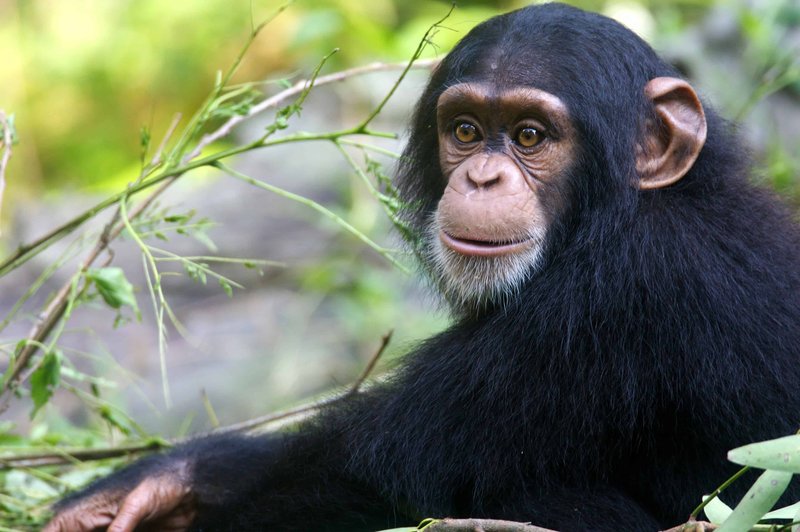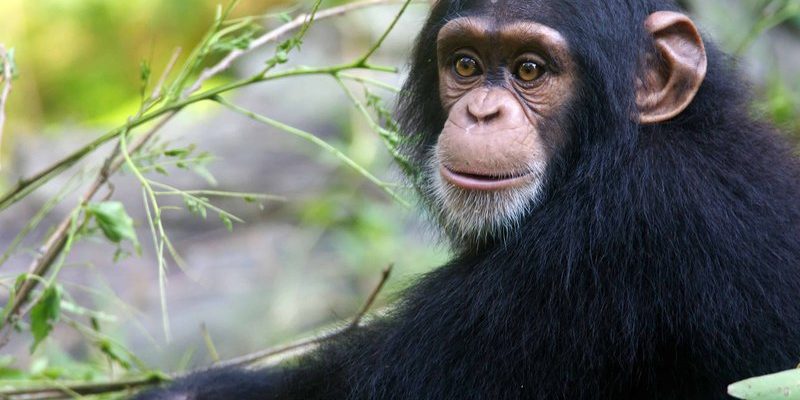
If you’ve ever seen a documentary or a clip online, you might have noticed how intelligent and social they are. Chimpanzees live in tight-knit communities, showcasing skills that can put some humans to shame! In this article, we’ll highlight the top 10 fascinating facts about chimpanzees that will help you appreciate them even more.
1. Social Structures: A Family Affair
Chimpanzees live in groups called communities, which can range from 20 to over 100 members. These communities are more than just a bunch of chimps hanging out—think of it as a family reunion that never ends! The social structures in these groups are quite complex. Males typically hold dominance, but females have their own ways of influencing the community.
Each chimp has its own role and relationships within the group. From grooming each other to sharing food, these social interactions help strengthen bonds. You might be wondering why this matters. Well, it ensures better survival rates for the group, as they look out for one another, just like we do in families.
2. Tool Use: The Original “DIYers”
Here’s the thing: chimpanzees are renowned for using tools, which is pretty impressive. They have been observed using sticks to fish for termites, stones to crack nuts, and even leaves to soak up water. Imagine a mini construction site where the workers are totally in sync with nature!
This ability to use tools shows their intelligence and creativity. It’s not just about making life easier; it’s also a way for them to pass down knowledge to younger members. So, when you think of “tool use,” don’t just picture humans in hard hats—chimpanzees are the original DIYers!
3. Communication: More Than Just Sounds
Chimpanzees have a rich way of communicating that goes beyond basic vocalizations. They use a mix of facial expressions, gestures, and vocal sounds to convey their feelings and intentions. Think of it like a conversation where instead of just words, there are rich body language cues involved.
Researchers have identified different calls for various situations, whether it’s warning others about predators or calling for help when needed. It’s fascinating how they can convey emotions like excitement or fear with just a single sound. This layer of communication reflects their advanced social behavior, making them quite relatable!
4. Playtime Matters: Fun and Learning
You might find it amusing to know that chimpanzees love to play, just like kids! They engage in games that involve chasing, wrestling, and swinging from trees. This playtime isn’t just for kicks; it’s essential for their growth and development.
Through play, young chimps learn skills they’ll need as adults, such as social interaction and problem-solving. Watching them play is a magnificent reminder of how important joy and fun are—whether you’re a chimp or a human. In a way, playtime helps them develop into well-rounded individuals.
5. The Importance of Grooming
Grooming isn’t just about hygiene; for chimpanzees, it’s a vital social activity. Think of it as their version of a spa day! They spend hours grooming one another, which reinforces social bonds and reduces tension within the group.
This behavior serves multiple purposes. It keeps their fur clean and free of parasites, but more importantly, it helps maintain harmony in their community. So next time you see a chimp grooming another, just remember—they’re not just cleaning up; they’re strengthening relationships!
6. Emotional Depth: They Feel Like Us
Chimpanzees aren’t just clever; they have emotional depth that can leave you in awe. Studies have shown they experience a range of feelings, including happiness, sadness, and even empathy. For example, when a group member is upset, others may comfort them, much like how we empathize with friends.
You might be surprised to learn that they can also exhibit behaviors like jealousy and grief. When a chimp loses a friend or family member, they may express sadness in ways that clearly show their loss. This emotional complexity ties them closely to us, underscoring our shared experiences.
7. Lifespan and Care: A Long Journey Together
In the wild, chimpanzees can live up to 33 years, while those in captivity often reach their 50s or even 60s! This long lifespan means that chimpanzees can form lasting relationships and maintain them throughout their lives. Just like our grandparents who have stories to tell, older chimps share wisdom with younger ones.
Their care extends beyond just physical needs. In communities, older chimps play a crucial role as mentors, guiding younger generations through life’s challenges. It’s like having a built-in support system that helps each one thrive.
8. Conservation Status: Threats and Protection
Sadly, chimpanzees face several threats from habitat loss, hunting, and disease. This puts their populations at risk, making conservation efforts more critical than ever. Organizations around the world work tirelessly to protect their habitats and educate communities about the importance of these animals.
By raising awareness and supporting conservation, we can help ensure that future generations will get to learn about and appreciate chimpanzees. Imagine a world where these fascinating creatures thrive alongside us—now that’s a future worth fighting for!
9. DNA Similarity: More Than Just Relatives
You might be wondering why chimpanzees are considered such close relatives to us. With about 98% of our DNA in common, our genetic similarities are striking. This shared ancestry helps scientists understand human evolution and behavior better.
Many researchers study chimpanzees to gain insights into diseases, social behavior, and more. It’s incredible how much we can learn about ourselves by studying these amazing creatures. They serve as a living link to our past and shine a light on our own biological make-up.
10. Cultural Aspects: Learning Traditions
Chimpanzees not only communicate; they also have distinct cultures! Each community may have its own unique behaviors, like using specific tools or performing particular social rituals. Imagine a tribe where everyone has their own quirky traditions—sounds familiar, right?
These cultural variations highlight their intelligence and flexibility in adapting to different environments. Researchers have observed that these behaviors are often passed down through generations, similar to how we inherit family traditions.
As we explore these cultural practices, we deepen our understanding of what it means to be a chimpanzee, and perhaps, what it means to be human, too.
Wrapping Up: A Connection to Our Past
Chimpanzees offer us a window into our own evolution and social behavior. By understanding their fascinating traits and complex lives, we can learn not just about them, but also about ourselves. Remember, every time you see a chimp, you’re looking at a relationship that spans millions of years—one that’s intricate, emotional, and deeply meaningful.
So next time you think about chimpanzees, remember they’re not just animals in a zoo; they’re our distant relatives who share our world. Let’s celebrate their existence and work together to protect their future!

